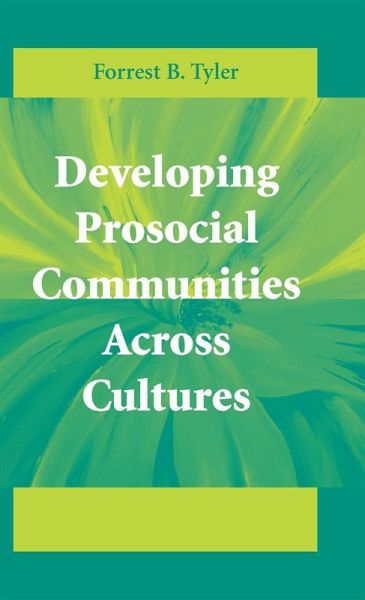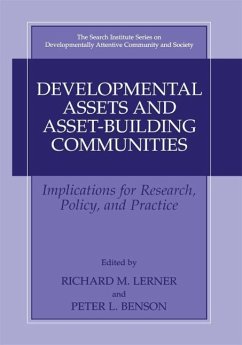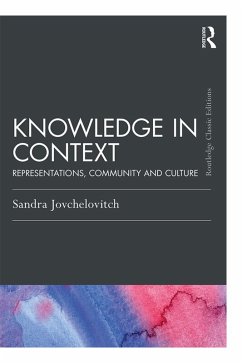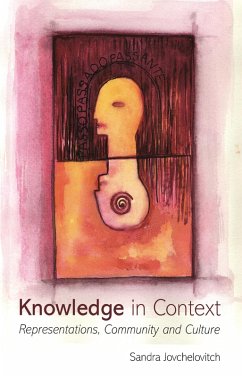
Developing Prosocial Communities Across Cultures (eBook, PDF)
Versandkostenfrei!
Sofort per Download lieferbar
40,95 €
inkl. MwSt.
Weitere Ausgaben:

PAYBACK Punkte
20 °P sammeln!
Communities are basic vital social units that provide the contexts in which people learn to live together to their mutual benefit. They are crucial to providing a richer and more fulfilling framework than we currently have for understanding and improving the quality of life for individuals and groups alike.In this book, the author presents a definition of a prosocial community. He identifies its elements and relevant interrelationships, and provides the available evidence in support of those conclusions. This work shows why a prosocial community is essential to the accomplishment of the goals ...
Communities are basic vital social units that provide the contexts in which people learn to live together to their mutual benefit. They are crucial to providing a richer and more fulfilling framework than we currently have for understanding and improving the quality of life for individuals and groups alike.
In this book, the author presents a definition of a prosocial community. He identifies its elements and relevant interrelationships, and provides the available evidence in support of those conclusions. This work shows why a prosocial community is essential to the accomplishment of the goals of community psychology and its related fields as well as how to create such communities.
In this book, the author presents a definition of a prosocial community. He identifies its elements and relevant interrelationships, and provides the available evidence in support of those conclusions. This work shows why a prosocial community is essential to the accomplishment of the goals of community psychology and its related fields as well as how to create such communities.
Dieser Download kann aus rechtlichen Gründen nur mit Rechnungsadresse in A, B, BG, CY, CZ, D, DK, EW, E, FIN, F, GR, HR, H, IRL, I, LT, L, LR, M, NL, PL, P, R, S, SLO, SK ausgeliefert werden.












